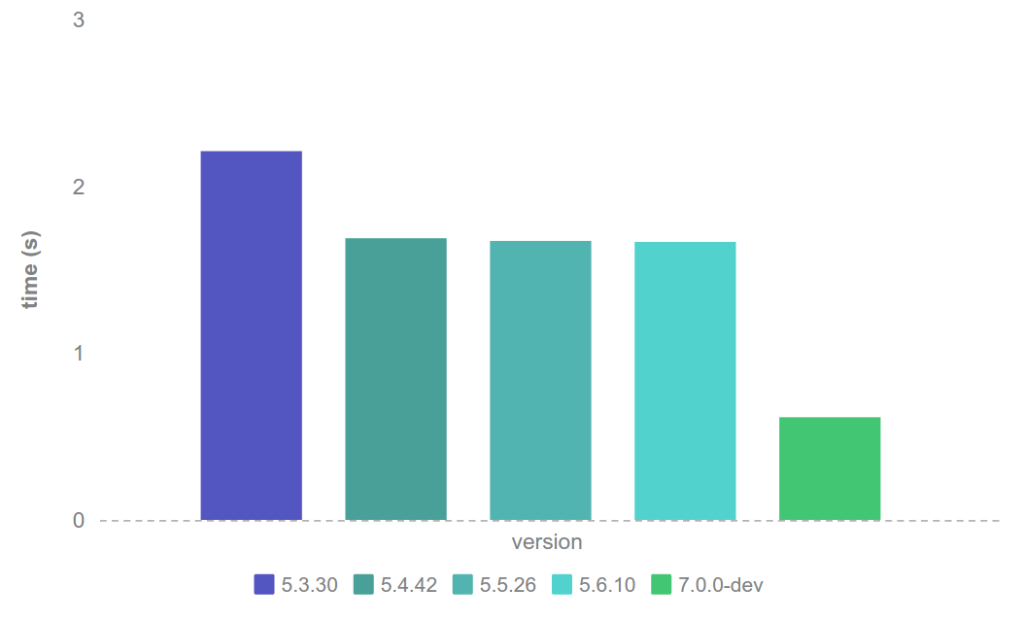git pull and expect a fast-forward update, but get a merge instead, don’t panic! This usually happens when we’re collaborating on a branch with other people, and we’ve made changes on our local version of a branch, and someone else (or the other you, if you use git to sync between multiple dev platforms) has made changes to the remote version of a branch in the meantime. It also happens really frequently in teams where all commits are to the master branch … yet another reason to have a decent branching strategy.
All that’s happened is something like this:
$ git log --oneline --all --graph --decorate * 054f163 (HEAD, branch1) Installation instructions for the application | * 0ce808c (origin/branch1) Fixing template layout |/ * 927aad9 A random change of 731 to ideas2.txt
Since the last common commit, there are commits on your local branch, and the remote one. You could just let the merge go ahead but there are other options. You could also check out a new branch at this point, reset your tracking branch to the right place and then reapply your changes using cherry-pick or by rebasing and then fast-forward merging your branch. Continue reading



